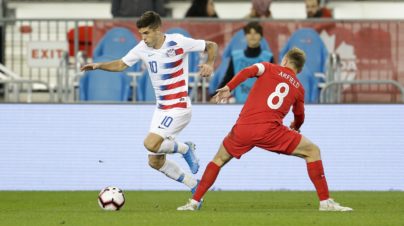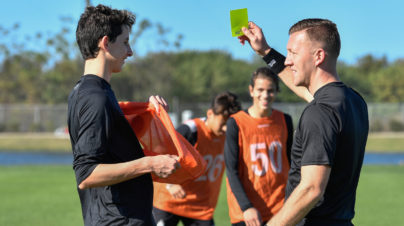Parents: A little-known secret that can help your youth soccer player increase their confidence
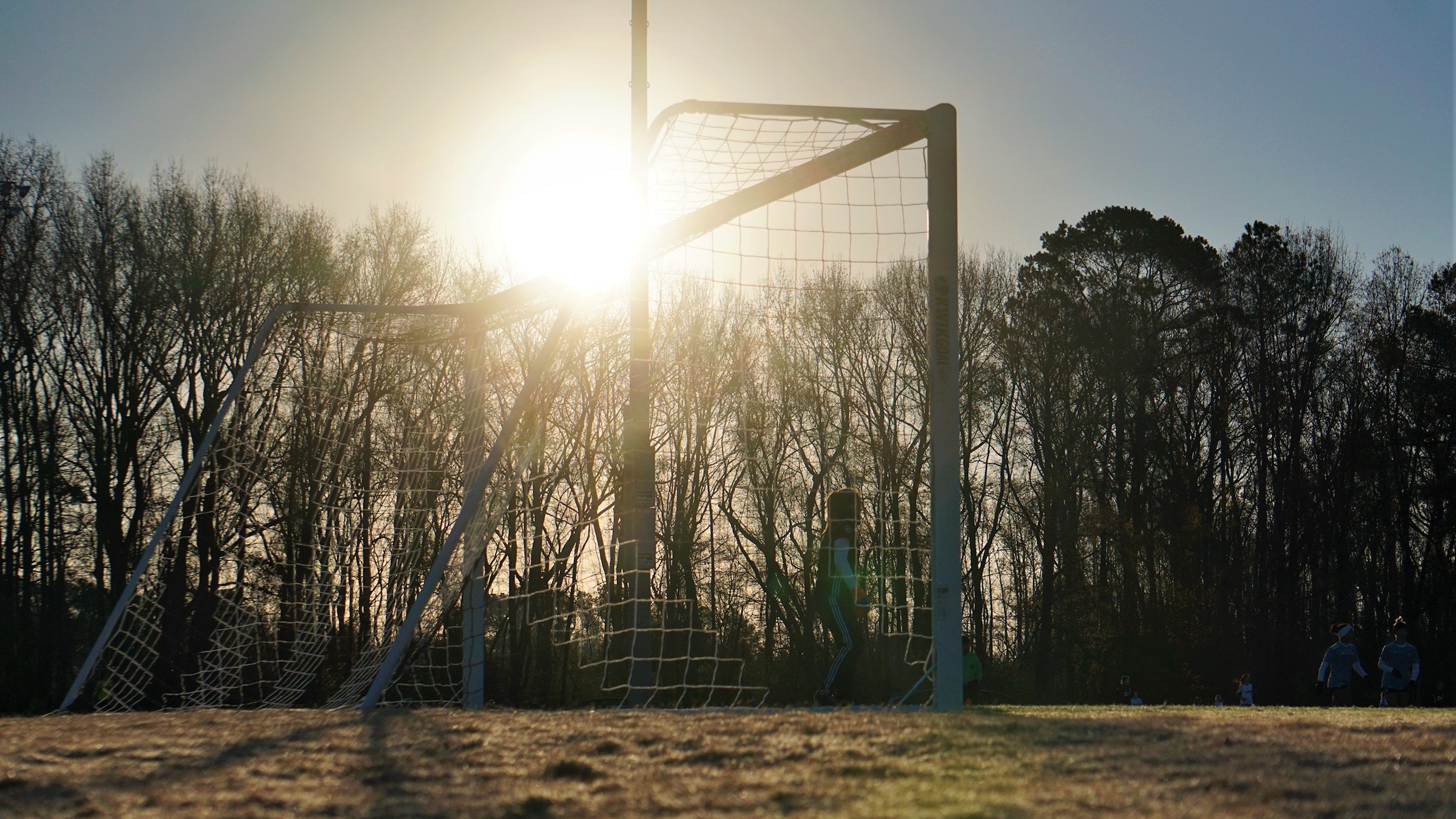
By Coach Gad Espinosa
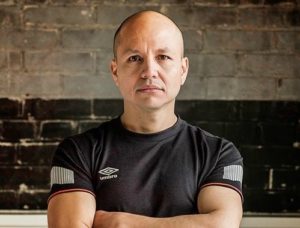 Editor’s Note: This article is an in-depth examination of Tip #4 in Coach Gad’s previous piece, entitled: ‘Soccer Parents: 4 Key Mindset Changes Your Youth Player Needs to Make ASAP‘
Editor’s Note: This article is an in-depth examination of Tip #4 in Coach Gad’s previous piece, entitled: ‘Soccer Parents: 4 Key Mindset Changes Your Youth Player Needs to Make ASAP‘
Key #4 – Working Smarter, Not Harder!
“We need to teach people how to work smarter, not harder.” – Shiela Adler
In my previous article, I talked about the importance of a soccer player’s commitment to adding mental-game training to their routine. That this was going to put them among the 1% of players that do this.
So, now that this commitment has been made, the next step is to put in the work. There is no substitute for hard work and perseverance. If a player wants to become as successful as possible, they must be willing to commit and work for what they want to achieve.
Dreams and aspirations are important, but truly ambitious players can’t just wish for what they want. They need to learn what needs to be done (brain training) and then execute!
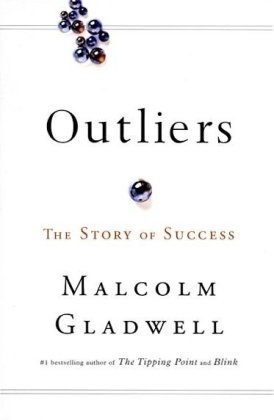 Malcolm Gladwell’s book ‘Outliers: The Story of Success‘ takes a closer look at the factors that tend to produce success. According to his research, for anyone to develop their full potential in any discipline, they must put in 10,000 hours of training. That’s a lot of practice!
Malcolm Gladwell’s book ‘Outliers: The Story of Success‘ takes a closer look at the factors that tend to produce success. According to his research, for anyone to develop their full potential in any discipline, they must put in 10,000 hours of training. That’s a lot of practice!
To put that into perspective: If an individual trained for 2 hours a day, 5 days a week, 50 weeks out of the year (2 weeks for vacation), it would take 20 years to accumulate the 10,000 hours needed to be the best they could be.
We can draw two lessons from this research. The first is that soccer players need to start practicing as soon and as often as possible. The second is that there is no shortcut for soccer players when it comes to practicing… or is there?
In the world of performance psychology, there’s a life-changing secret that almost no young soccer player knows about – a way for players to practice their craft anywhere at any time.
The secret is this the mental-game tool of visualization!
It doesn’t matter whether someone is physically practicing a particular skill, or if they are just thinking about practicing the skill. Our brains can’t tell the difference. The same neural connections are formed and developed in the brain either way. This is not just me spewing out gibberish, it’s a scientific fact!
The conclusion is that your soccer player, regardless of age, needs to be disciplined and committed to start to visualize on a regular basis. They need to think about what they want to accomplish and achieve as well as what they need to improve on.
Visualizing and imagining success will not only help them to perform better when they play in games and practices, but will also help grow their confidence. This gives them an edge over their opponents in terms of mental strength.
To Do: Remember the 10-minutes once a week commitment I suggested in Key #3? Well, your child can use this time to visualize!
P.S: To learn more about the power of visualization and other mental-game tools watch my free webinar ‘5 Steps to Being Mentally Tough’ by CLICKING HERE.
—————
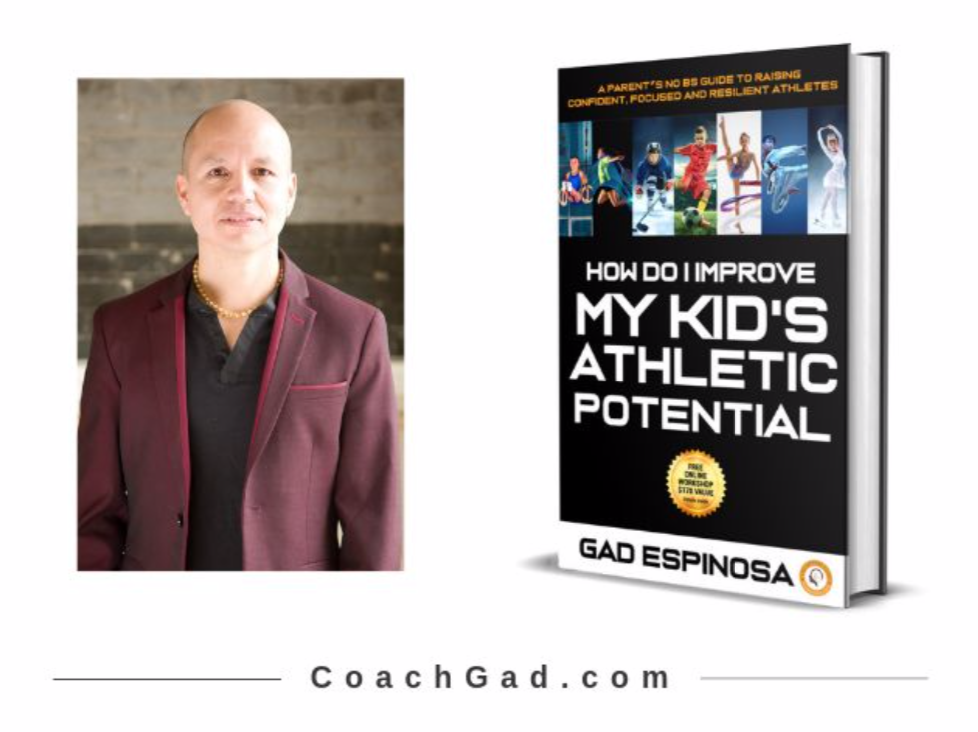 Gad Espinosa is a certified Mental Skills Coach, author, speaker and founder of the Mental Toughness Academy. He’s been interviewed in numerous newspapers, radio shows and podcasts. As a former professional athlete, who has represented his country internationally, a college Head Coach and father of two high-performance athletes Gad’s unique perspective allowed him to create the ‘Mentally Tough Athlete’ coaching program.
Gad Espinosa is a certified Mental Skills Coach, author, speaker and founder of the Mental Toughness Academy. He’s been interviewed in numerous newspapers, radio shows and podcasts. As a former professional athlete, who has represented his country internationally, a college Head Coach and father of two high-performance athletes Gad’s unique perspective allowed him to create the ‘Mentally Tough Athlete’ coaching program.
Clients include athletes and teams at all levels, from those just starting their athletic careers to full-time professional athletes and others who have gone on to represent their country and succeed at World Championships and Olympic Games.
Gad is passionate about helping athletes and teams discover mental strength breakthroughs that allow them to maximize their potential development not just in the quality of their athletic performances, but also in their life satisfaction and overall well-being.
SOCCERWIRE MARKETPLACE
- 15th Annual Loudoun Soccer College Showcase
- OFFICIAL FC BARCELONA SOCCER CAMPS
- The St. James 2025 Winter Futsal Academy Player ID Sessions
- New England Copa Surf 2026
- Adidas National Cup 2026
- Adidas Showcase 2025
- Adidas Preseason Clash 2025
- Applications are Now Open for the 2026 Jefferson Cup
- visitRaleigh.com Showcase Series 2025, hosted by NCFC Youth
- OFFICIAL FC BARCELONA CAMPS U.S.


